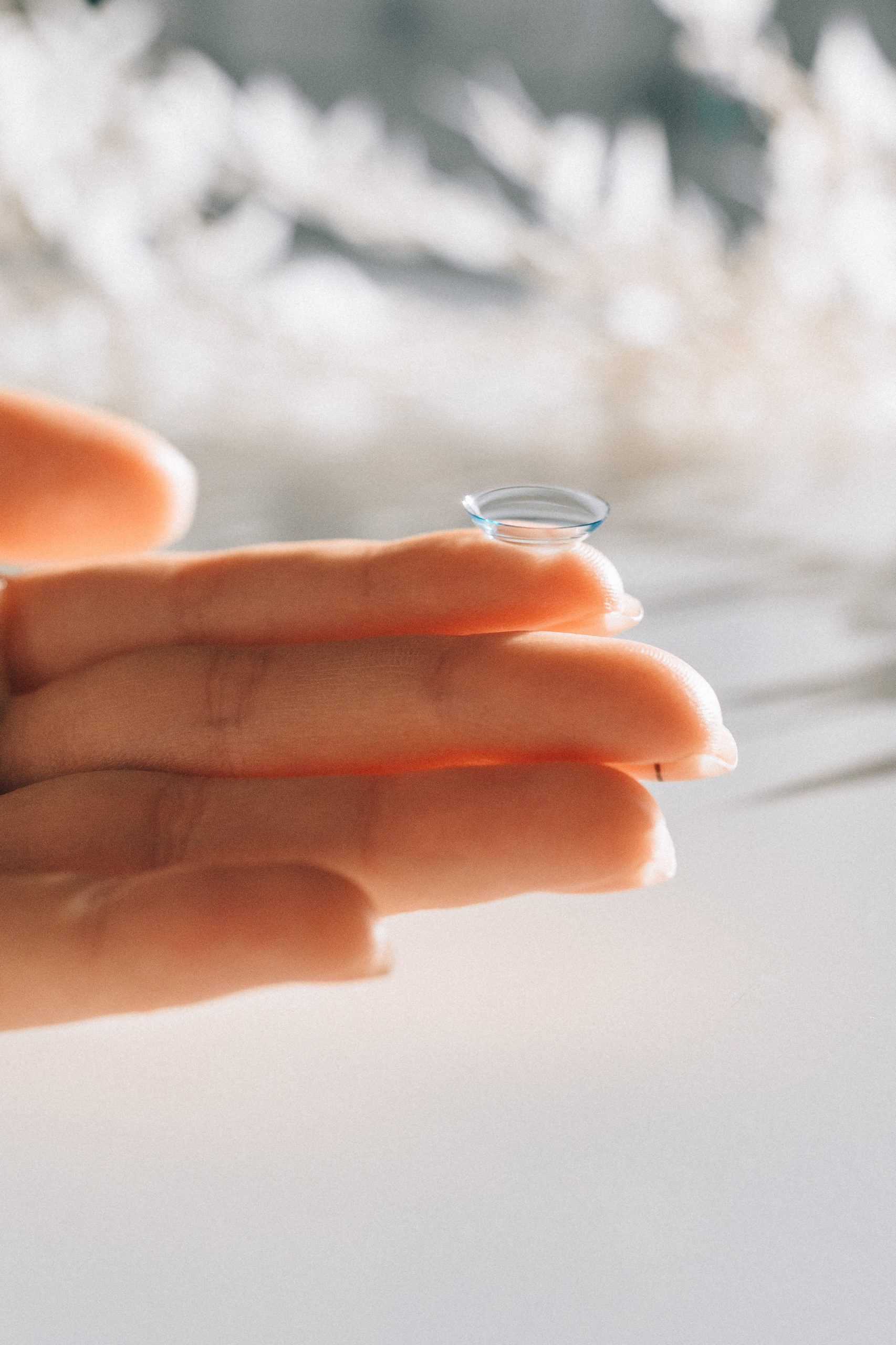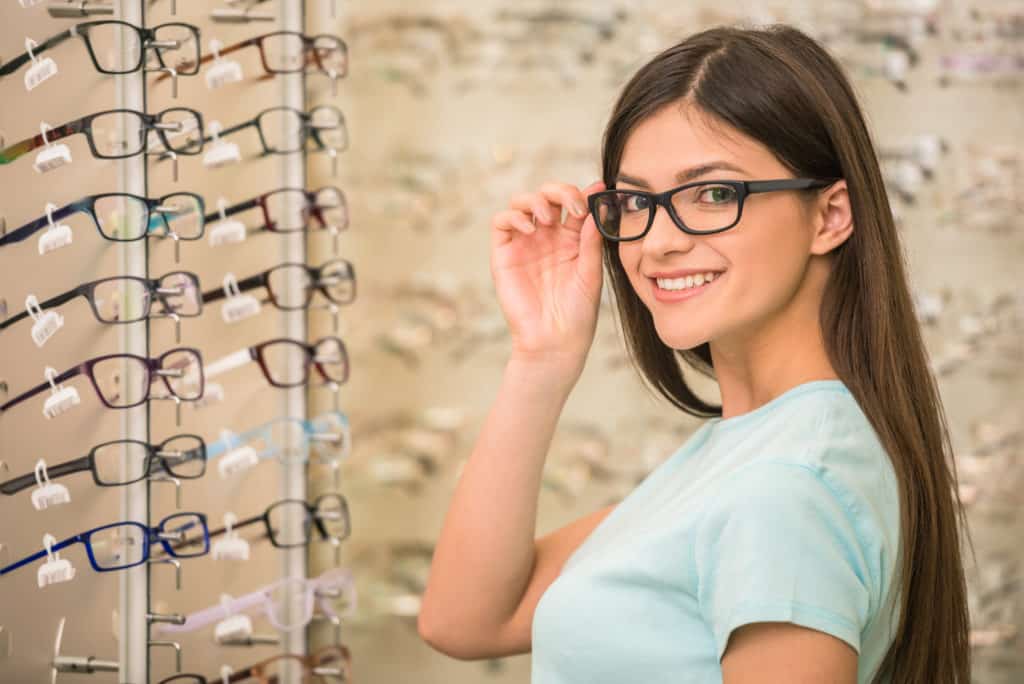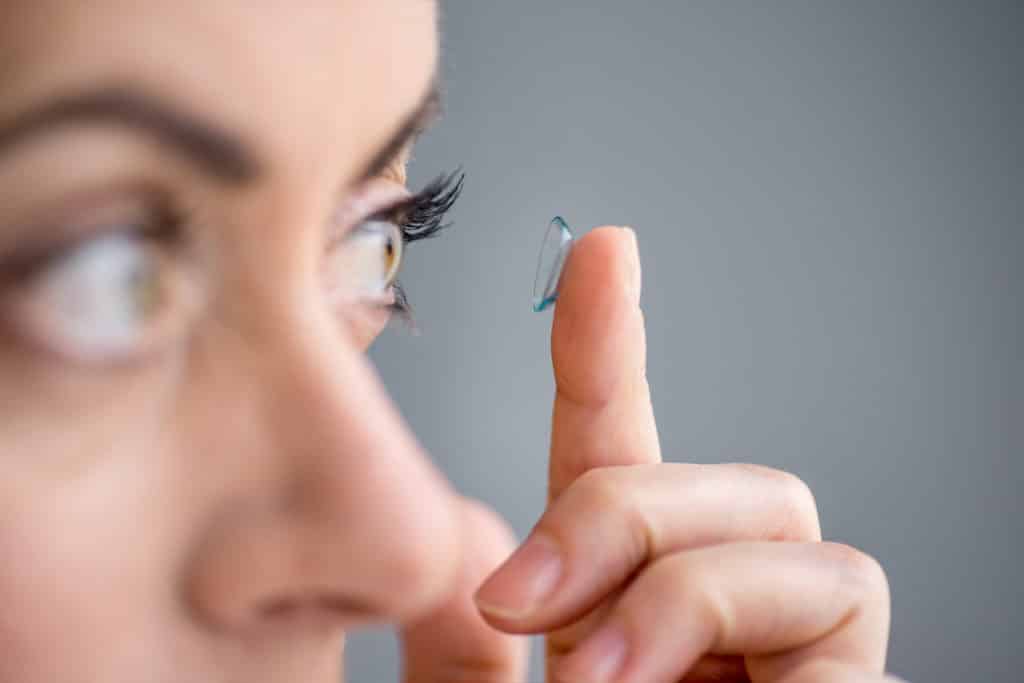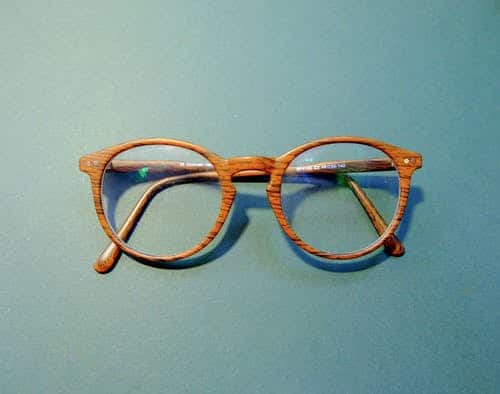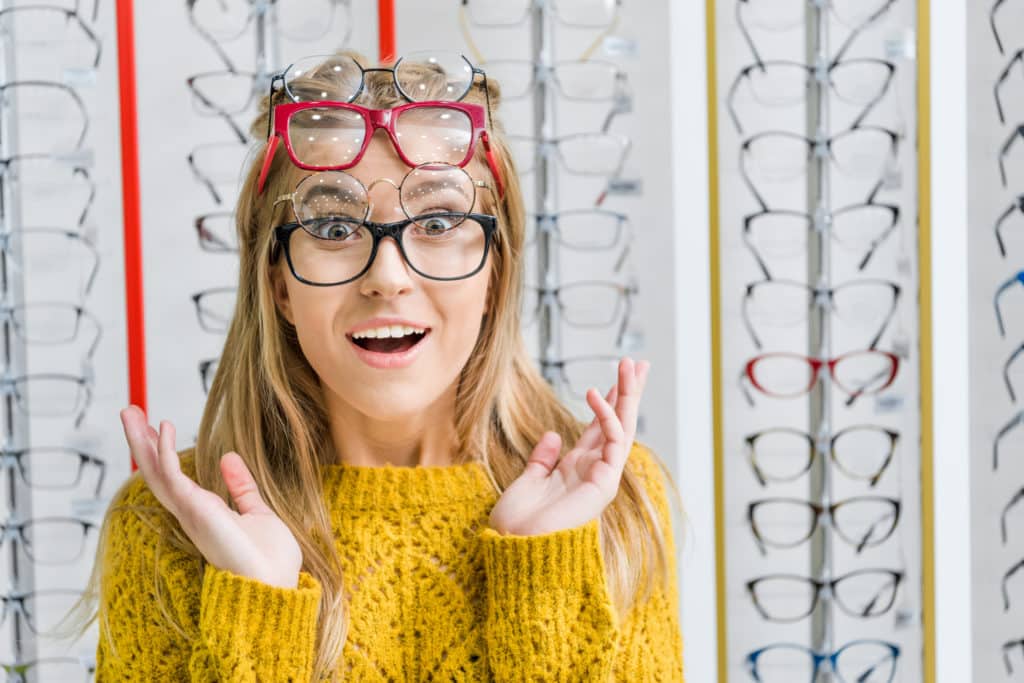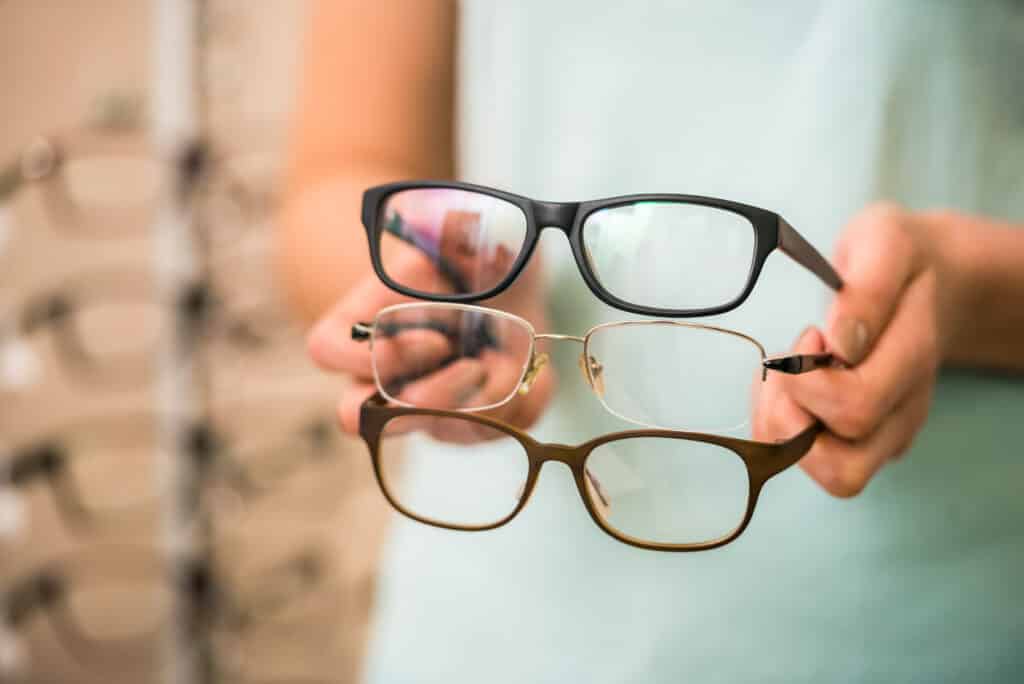
In an era when we often seek the most convenient option on the market, it may be tempting to grab a pair of over-the-counter reading glasses. These can quickly provide relief from blurry vision so you can return to your everyday activities. However, while these may be convenient, they come with their own risks and drawbacks.
At Wolcott Optical, we understand how appealing over-the-counter reading glasses may be for quickly restoring your vision. However, we also understand that they may not be the most reliable way to improve blurry vision as a result of aging. If you are considering purchasing this over-the-counter option, keep reading to learn why an eye exam and prescription reading glasses are better options.
Why Do You Need Reading Glasses?
As you age, it is not uncommon to experience eye changes that make it difficult to see things up close. Around age 40, your eyes may begin to lose some of their ability to focus on close-up objects, a condition known as presbyopia. This condition can make reading or using your phone more difficult than it once was. Your difficulty reading may be accompanied by several other symptoms, including:
- Eye Strain
- Headaches
- Squinting
While this change in your eyesight can be frustrating, there is something you can do to remedy it. Reading glasses are designed to help bring things back into focus so you can enjoy your favorite books without the frustration of fuzzy print. Whether you are reading a novel, scrolling through social media, or tackling a crossword puzzle, reading glasses can restore some vision loss.

Should You Purchase Over-the-Counter Reading Glasses?
If you’ve recently noticed a change in your eyesight, you might have considered heading to your local pharmacy to pick up a pair of over-the-counter reading glasses. But is this the best way to address your vision change? In many cases, over-the-counter reading glasses are not your best course of action and may be more of a pain than you expect.
While over-the-counter reading glasses may not harm your vision, they can lead to increased headaches and discomfort while reading. These over-the-counter reading glasses are not designed to meet your individual eye needs. As they struggle to restore your vision, you may also notice an increase in eye strain.
Although over-the-counter reading glasses may be a fine short-term solution, they are not a reliable replacement for professional eye exams and prescription glasses. If you have begun to notice an increase in eye strain, headaches, and fuzzy vision when reading, it is in your best interest to schedule an appointment with your trusted optical team.
Why You Should Schedule an Eye Exam
Getting regular eye exams is essential for treating and preventing a variety of vision problems. These exams provide your doctor with an opportunity to monitor your eye health, helping to detect various eye diseases, including glaucoma, cataracts, and macular degeneration. For conditions like this, early detection is essential for preventing or delaying vision loss.

Even if you currently have no vision problems, regular eye exams can help detect potential issues before they become more serious. The frequency with which you schedule eye exams will vary based on your age. However, if you have noticed substantial changes in your vision, this is an indication that it is time to schedule an appointment with your eye doctor.
Why Prescription Reading Glasses are Your Best Investment
Unlike over-the-counter reading glasses, prescription reading glasses are designed with your eyes in mind. Your eyes are not exactly the same, and their needs may vary. By relying on your optical team for prescription reading glasses, you can ensure the glasses provide you with the best vision support for both eyes’ unique needs.
If you are experiencing other vision-related problems, including myopia, hyperopia, or astigmatism, visiting your optical team gives you an opportunity to get glasses with prescription lenses that you can wear every day. In addition to meeting your prescription needs, they can incorporate a reading-strength lens so you don’t have to switch between glasses.
If you need prescription lenses and reading glasses, your optical team may even recommend bifocals. These glasses feature dual optical strengths, catering to your myopia or hyperopia alongside your reading prescription. If you are unsure whether you should invest in a pair of prescription glasses and reading glasses or bifocals, it is best to reach out to your optical team for help.
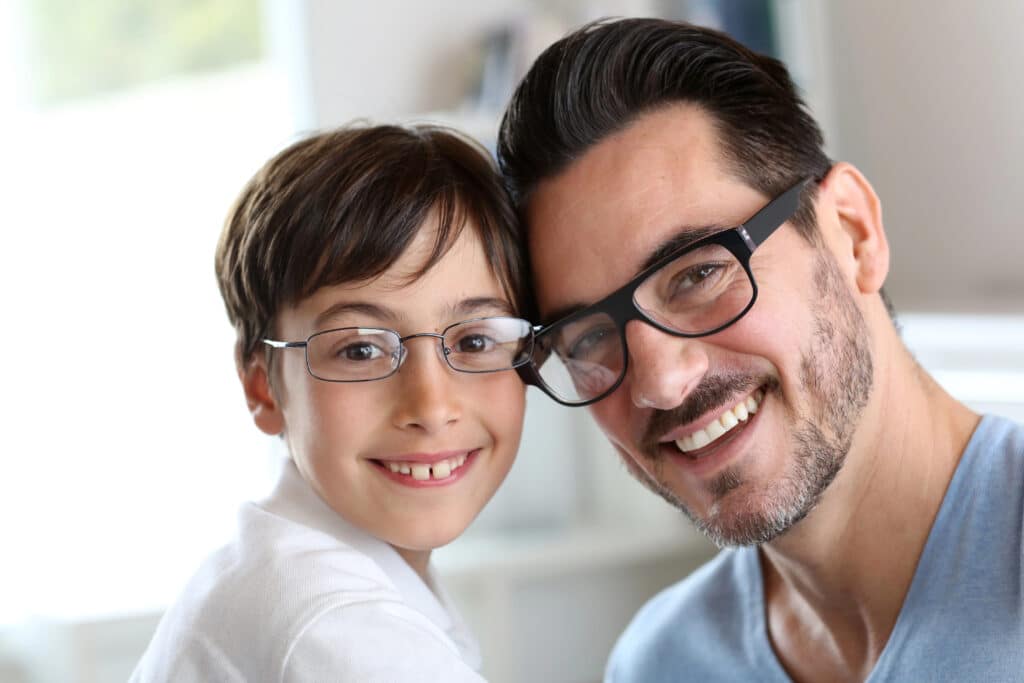
Reading Glasses Made Just for You
If you are trying to avoid over-the-counter reading glasses and instead want to invest in an eye exam and prescription reading glasses, turn to our team at Wolcott Optical for help. With years of experience providing patients across the Salt Lake City area with their perfect prescription, we are confident that we can do the same for you.
From prescription sunglasses and reading glasses to contacts and more, we are confident that we have the vision solution to restore your vision to its fullest potential. If you would like to learn more about our prescription reading glasses or you have any questions for our team, don’t hesitate to contact us today.

